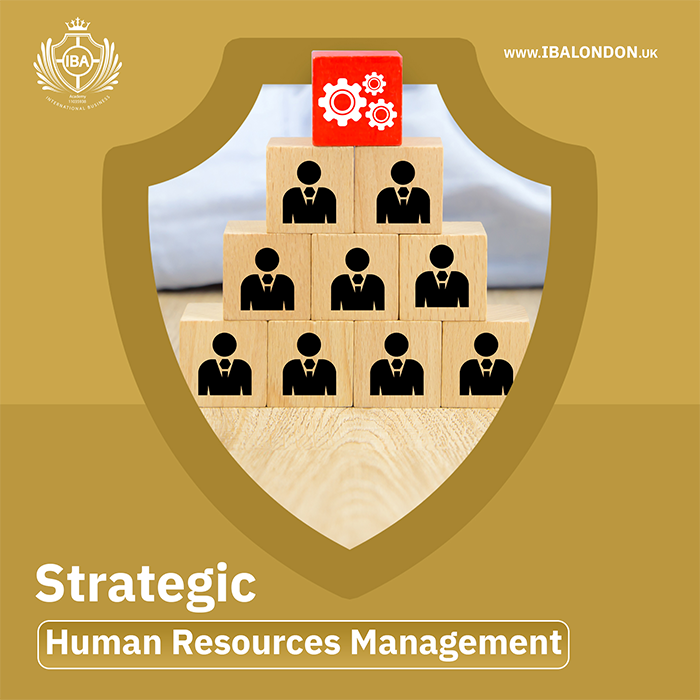Strategic Human Resources Management:
Strategic Human Resources Management (SHRM) is an approach to managing human resources (HR) that aligns HR practices and strategies with the overall strategic goals and objectives of an organization. It involves integrating HR functions and processes into the broader business strategy to create a competitive advantage and enhance organizational performance. Here are some key concepts and components of Strategic Human Resources Management:
- Alignment with Business Strategy: SHRM aims to ensure that HR decisions and activities are closely aligned with the organization’s overall strategic goals. This alignment ensures that HR practices contribute to the achievement of business objectives.
- Long-Term Perspective: Strategic HR management takes a long-term view of human capital management, focusing on developing and retaining employees with the skills and competencies needed to support the organization’s future success.
- Talent Management: SHRM emphasizes the effective recruitment, development, and retention of talent. This includes identifying and nurturing high-potential employees, succession planning, and career development.
- Performance Management: SHRM involves designing performance management systems that link individual and team performance to organizational objectives. This includes setting clear performance goals, providing feedback, and evaluating employee contributions.
- Learning and Development: SHRM emphasizes continuous learning and skill development to ensure that employees have the knowledge and abilities required to meet evolving business needs.
- Employee Engagement: Engaged employees are more likely to be motivated, productive, and committed to the organization. SHRM strategies aim to enhance employee engagement and job satisfaction.
- Compensation and Rewards: Strategic HR management involves designing compensation and rewards systems that align with performance and support the organization’s goals. This includes variable pay structures, bonuses, and recognition programs.
- Workforce Planning: SHRM involves analyzing the organization’s current and future talent needs to ensure that it has the right people in the right roles at the right time.
- Change Management: SHRM plays a critical role in managing organizational change, including mergers, acquisitions, restructuring, and technological advancements. HR helps employees adapt to changes and navigate transitions.
- Diversity and Inclusion: SHRM recognizes the value of a diverse and inclusive workforce. It involves creating an inclusive workplace culture that values and leverages the contributions of employees from different backgrounds.
- Ethics and Compliance: SHRM emphasizes ethical behavior and compliance with legal and regulatory requirements in all HR practices.
- Metrics and Analytics: Strategic HR management utilizes data and metrics to measure the effectiveness of HR initiatives, track key performance indicators, and make informed decisions.





